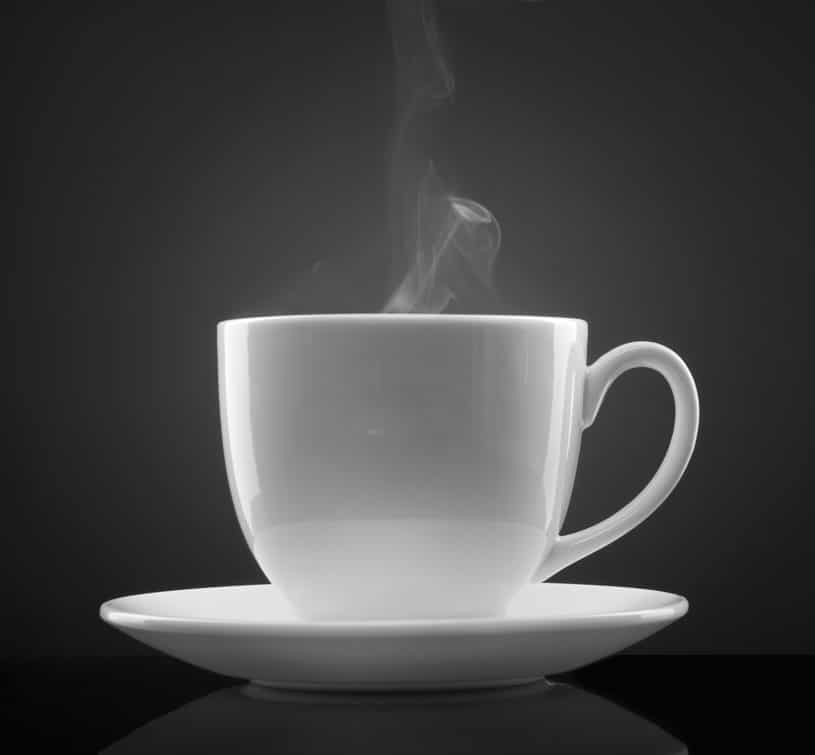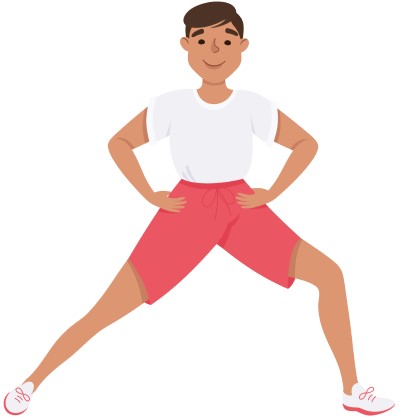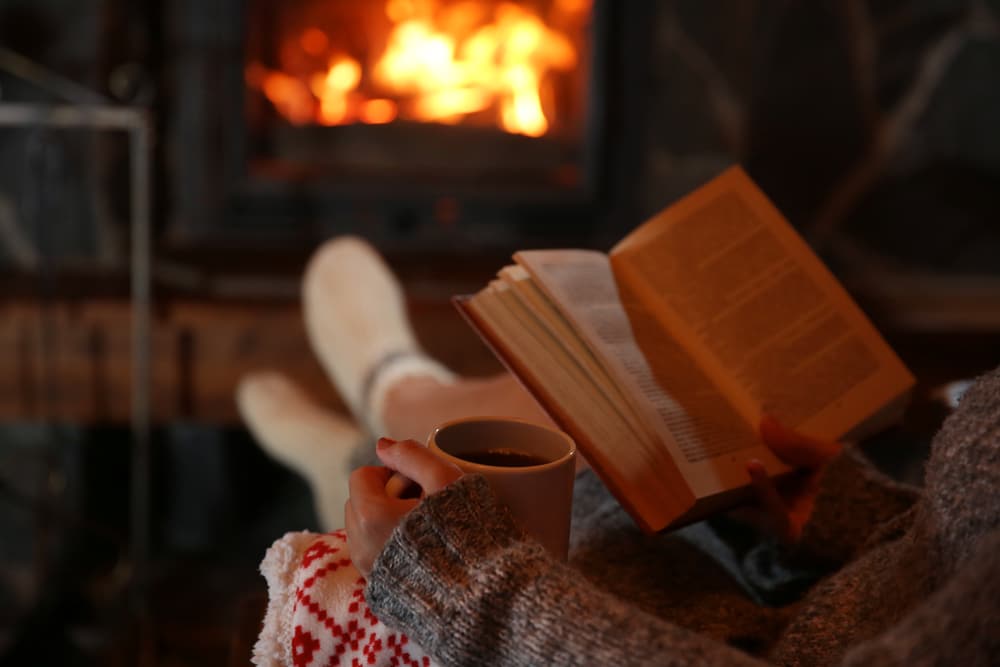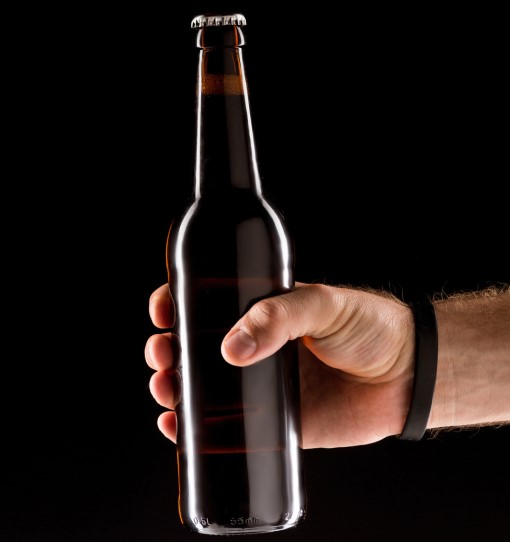
Is it OK to have a beer before bed?
By Jason Wooden, PhD | Jul 17, 2021
While a beer before bed may help you relax and fall asleep, later in the night it can cause you to sleep more poorly and worsen sleep apnea symptoms. For some individuals, it may also lead to digestive issues that disturb sleep.
Whether it’s an issue for you depends on individual factors such as your consumption, alcohol tolerance, age, weight, gender, and genetics. However, it’s generally recommended to avoid alcohol at least four hours before bedtime.
Why it matters whether you have beer before bed
It’s no surprise how many people enjoy beer in the evening given its popularity.
What can beat a delicious mug of your favorite brew at the end of the day?
Beer is the most widely consumed alcoholic drink in the world with the average adult in the US consuming around 28 gallons per year!
So, you’re likely not the only one curious whether there are any downsides from having a beer or two at night.
Every night one in three adults struggle with poor sleep. Drinking or eating the wrong thing in the evening is bound to be an issue for some.
We pay a big price when we don’t get the sleep we need. Besides feeling miserable and dragging throughout the day, sleep-deprived people don’t think as clearly, don’t cope as well, and perform more poorly at school or work.
The reasons people drink beer at night vary – socializing, enjoyment, boredom, or simply a way to unwind at the end of the day.
Is it something you really have to worry about?
Let’s take a look at what we know and then you can decide whether it makes sense for you to have a beer before bed.
What a beer before bed can do to your sleep
Alcohol is a central nervous system depressant that slows down brain activity.
When you have a beer before bed, it acts as a sedative which is why you feel more relaxed and fall asleep more easily.
It’s one of the reason people will have a beer or glass of wine at the end of the day to help them get to sleep.
However, HOW EASILY you fall asleep isn’t the only thing to think about.
It’s also important HOW WELL you sleep.
It turns out that alcohol has been linked to poor sleep quality.
Once you fall asleep, it can affect the amount of deep sleep you get. The other thing to keep in mind is that alcohol is a diuretic and can cause you to wake up more often throughout the night as your body gets rid of it.
The alcohol in your beer can ruin your sleep in other ways too.
It can aggravate the symptoms for obstructive sleep apnea, one of the most common sleep disorders.
It happens when the muscles in the throat relax too much during sleep causing your airway to collapse and restrict the flow of oxygen. People with obstructive sleep apnea wake up feeling as if they haven’t slept at all.
Alcohol will cause the throat to relax even more.
So, while a beer may help you fall asleep more easily, later in the night your sleep won’t be as a restful. In the morning, you may wake up not feeling refreshed.
Other surprising things a beer before bed affects your body and sleep
Did you know that consuming beer at night can affect you in other ways too?
In some individuals, small amounts of alcohol may speed up digestion or irritate the digestive tract, leading to a bout of diarrhea. For others, larger amounts may slow down digestion and cause constipation.
People with bowel diseases such as celiac disease, Crohn’s disease, and irritable bowel syndrome are at a higher risk for these issues.
Another downside is that alcohol can trigger or worsen heart burn.
Besides making you miserable, all of these digestive issues can come back and wreck your sleep.
Lastly, alcohol can also affect how medications work and their side effects. Unfortunately, some common medications are already known to cause insomnia.
The alcohol in your beer can worsen their sleep effects.
How late is too late to have a beer before bed?
How likely beer before bed is an issue for you and how late is too late will vary from individual to individual. For some people, even small amounts of alcohol are a problem while others seem to get away with it.
In reality, it depends on a variety of individual factors, some obvious and some not so obvious.
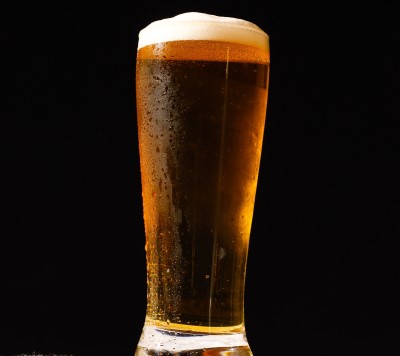
Among the obvious factors are how much and how quickly you drank your beer, the alcohol content, and how close it was to bed time.
Other factors at play include:
How much water you drank – the more hydrated you are, the less the effect
How tolerant you are – people who’ve built up a tolerance to alcohol will be less affected
What you’ve ate – people with an empty stomach are more affected
Age – older people are usually more affected
Weight – smaller people generally will be affected more than a heavier person
Gender – women are generally more affected than men
Genetics – people can vary in how well their enzymes break down alcohol
Ethnicity – Asian and Native Americans are generally more affected than other ethnicities
Medications – Any med that causes drowsiness may increase the effects of alcohol
So, whether it’s too late for you to have a beer before bed will depend on your exact situation and personal factors. However, it’s generally recommended to avoid alcohol at least four hours before bedtime.
Other ways besides beer to unwind at night
Looking for other ways besides beer to help you relax at night. Fortunately, there are plenty of alternatives worth a try.
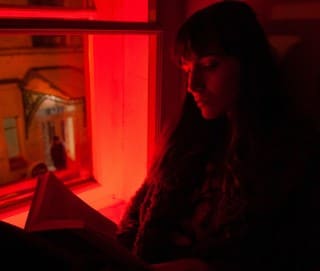
2) Light reading
Reading can take your mind off things. Stay away from those page turners that can keep you up into the wee hours of the night
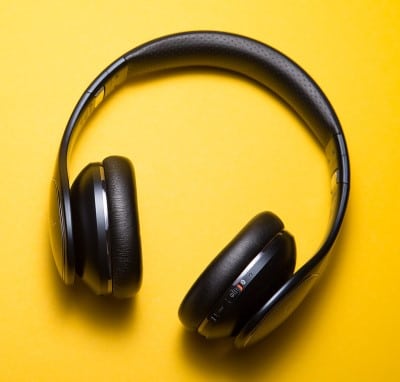
3) Music
Listen to something relaxing, whether it’s classical or something else. Avoid those heart pumping tunes…
Soothing music such as quiet classical tracks can help calm down the body and mind, making it easier to fall asleep.
Slow rhythm songs (60 to 80 beats per minute) have been shown in studies to improve sleep.

5) Meditation
Try mindfulness meditation or some other mental practice. It’s a great way to calm the mind and body.
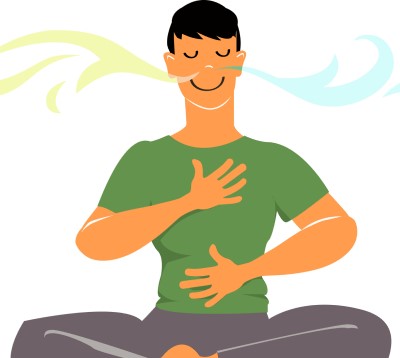
6) Try a breathing relaxation exercise
Deep breathing is a simple way to calm the body. One popular technique is 4-7-8 breathing.
Pioneered by Dr. Andrew Weil, it involves regulating your breathing to various counts of 4, 7 and 8.
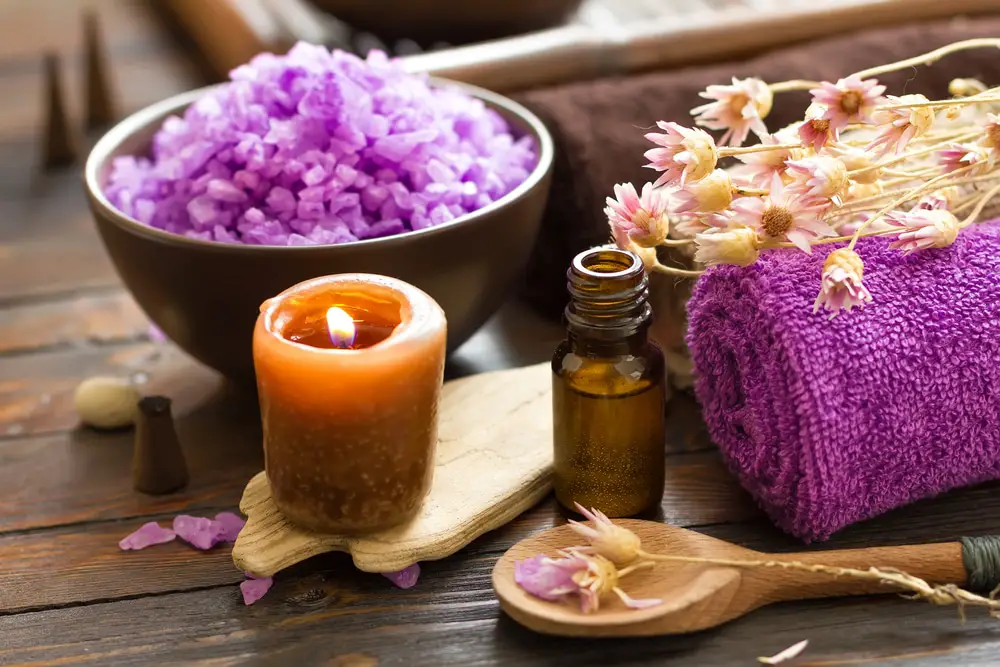
7) Aromatherapy
Scents are powerful things. Studies have shown that lavender essential oils can help relax the body and promote sleep.
While lavender is the most studied, oil extracts from other yellow citrus fruits such as bergamot and yuzu can also have calming effects on the body. Be sure that the extract you use is of therapeutic quality and purity.
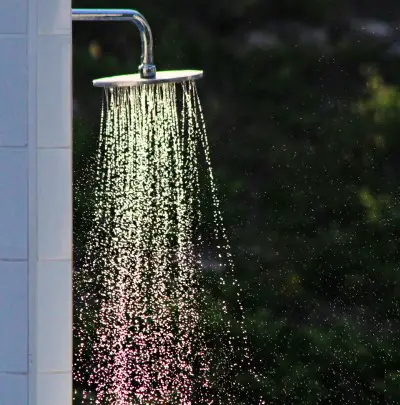
8) Warm shower or bath
A warm shower or bath can help you relax while raising your body temperature. When finished you return to a cooler bedroom and get a temperature saying it’s time to sleep.

10) Natural sleep aids
There are all sorts of natural supplements that can help the body transition to sleep. Some have been scientifically tested while others have not.
Among the more popular are chamomile, hops, and valerian root.
Other things that will help you keep your sleep on track
It’s pretty obvious that beer before bed isn’t the only thing that can hurt your sleep.
Unfortunately, there’s a long list of things that affect sleep.
That’s why it’s important to practice good sleep hygiene, the everyday habits that set the stage for restful sleep. Poor sleep hygiene can sabotage everything else you do for your sleep.
For better sleep hygiene, you should:
- keep consistent wake up & sleep times
- avoid naps
- exercise during the day
- avoid large meals, alcohol, or stimulants such as
- caffeine before bedtime
- maintain a regular bedtime routine
- avoid using TVs, laptops, or other electronics before sleep
- keep your bedroom dark, cool, quiet, & relaxing
It’s also important to see a doctor, especially if your insomnia becomes a long-term problem.
Too many people are unaware how many other medical issues can cause problems or worsen sleep. The list includes things like chronic pain, heartburn, cancer, dementia, and asthma.
You could also be living with an undiagnosed sleep disorder such as sleep apnea.
Sources:
1. “Drink”, Wikipedia.org
2. “How much beer does your state drink? In the thirstiest, about 40 gallons a year per person”, 2019, USA Today
3. “Talking Points”, World Sleep Society website
4. “Alcohol”, MedlinePlus
5. The Effects of Alcohol on Quality of Sleep. Korean J Fam Med. 2015 Nov; 36(6): 294–299.
6. “Alcohol and Sleep”, sleepfoundation.org
7. “Alcohol and Sleep”, Alberta Health Services
8. “Why Do I Get Diarrhea After Drinking Alcohol?”, Healthline.com
9. “What to know about alcohol and heartburn”, 2020, MedicalNewsToday
10. “The Dangers of Mixing Alcohol and Medications”, 2020, verywellmind.com
11. “Understanding Alcohol’s Effects”, Stanford Children’s Health
12. Disturbed Sleep and Its Relationship to Alcohol Use. Subst Abus. 2005 Mar; 26(1): 1–13.
Connect with us:
About Us
Better Sleep Simplified® was founded as a place for you to get clear and well-researched information.
Our goal is to make sure you know about your options so that you take action sooner rather than later.
Check us out on YouTube:
Watch and Learn
Helpful sleep tips, interesting sleep facts and statistics you want to know about
Affiliate Disclosure
This site is a participant in the Amazon Services LLC Associates Program and other affiliate advertising programs designed to provide a means for sites to earn advertising fees by advertising and linking to them.
Important: BetterSleepSimplified.com is for informational purposes only and is not intended or implied to be a substitute for professional medical advice, diagnosis, or treatment. Always consult a physician for sleep and health concerns. See additional information.

